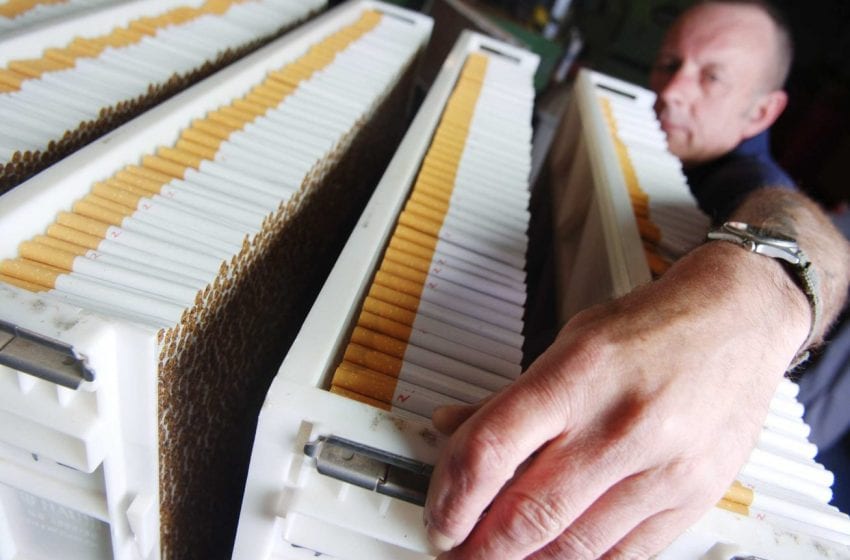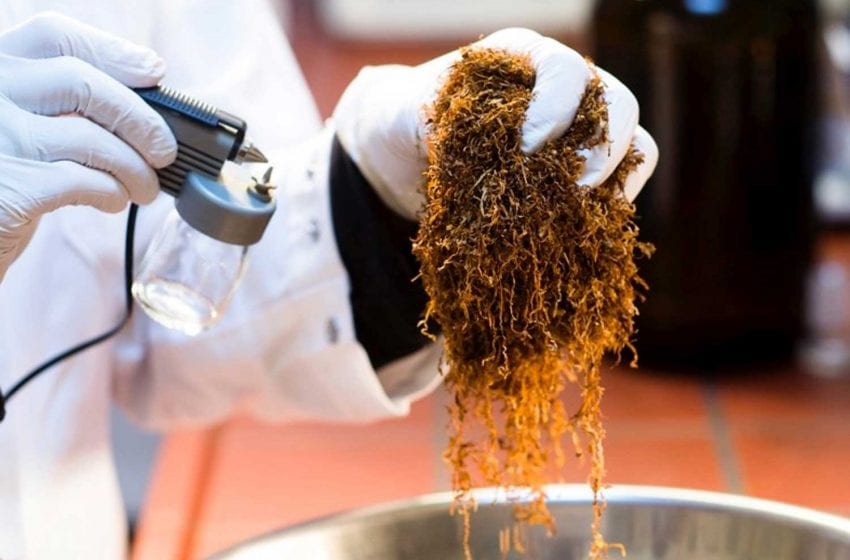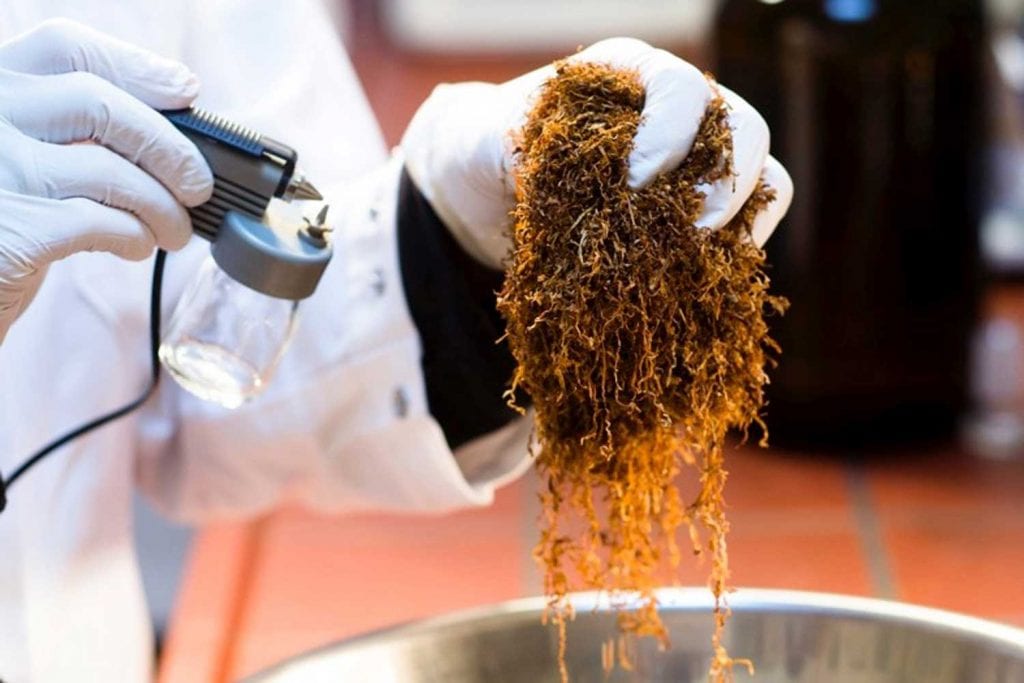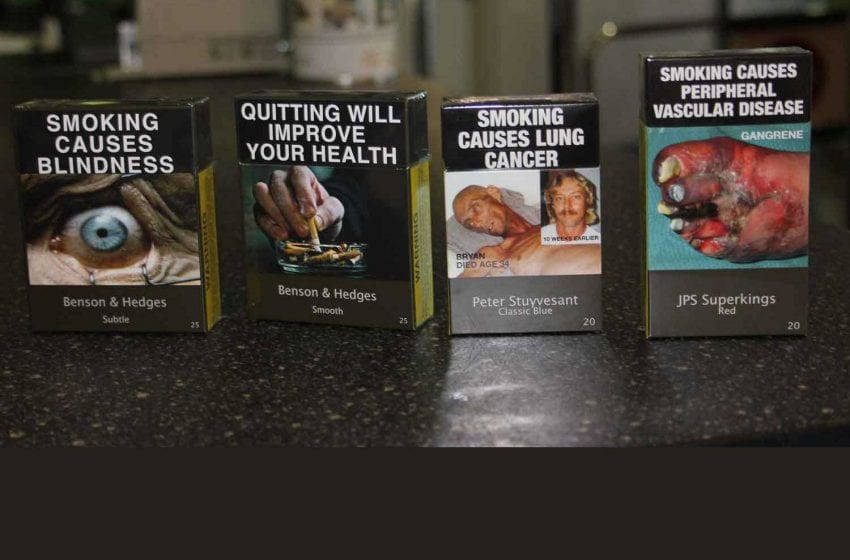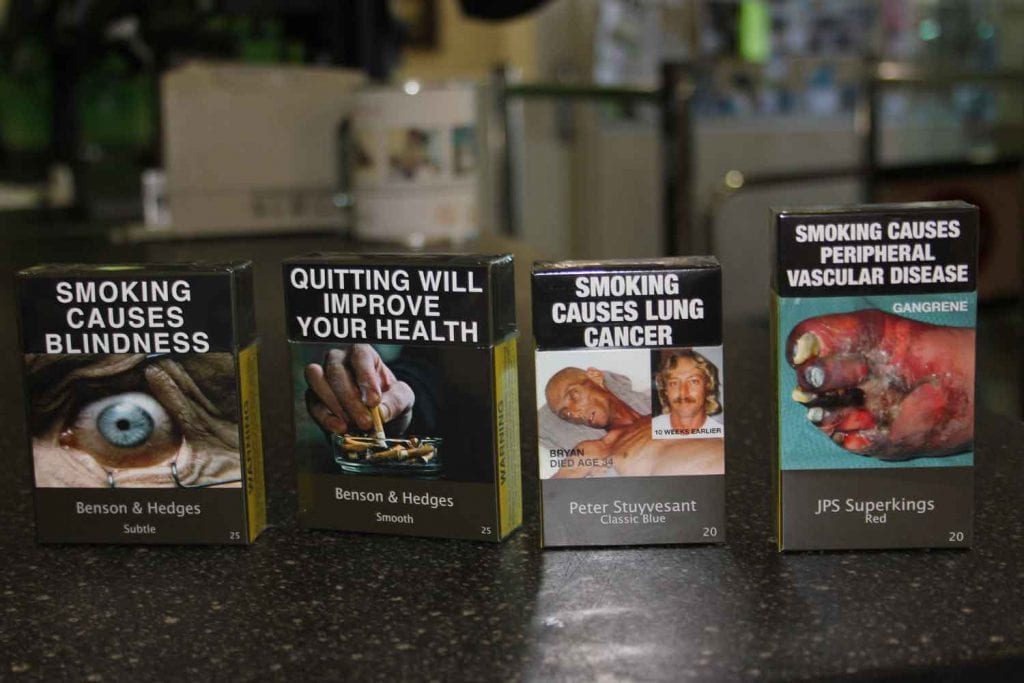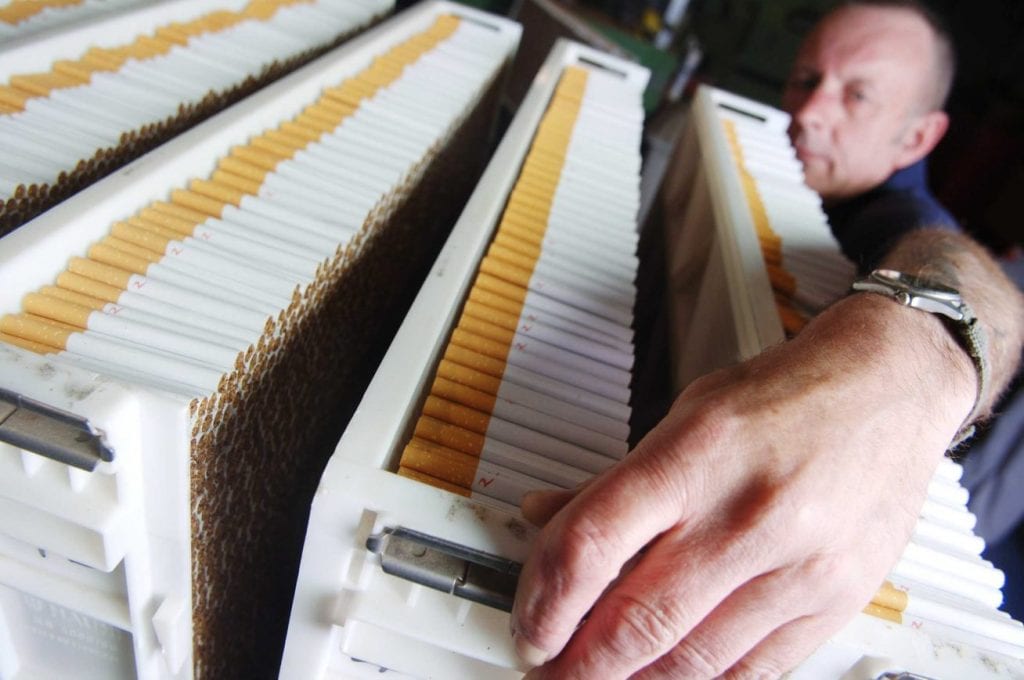
After declining in 2020, the global tobacco sector’s operating profit will likely rebound in 2021, with growth of between 5 percent and 10 percent next year, according to Moody’s.
In a new report, the business and financial services company assesses the outlook for the tobacco industry in an unprecedented business environment. Key findings include:
- Long-term impact of coronavirus on consumption too early to gauge. Tobacco sales could decline because of reduced demand or because consumers switch to lower priced products. But it could also speed up the move to alternative products, accelerating the industry’s transformation. Regulations may become increasingly restrictive, or regulators might delay developing risk-proportionate regulatory frameworks.
- Leverage ratios will continue to improve despite high dividend payouts and economic slowdown. Dividends will remain high and absorb most operating cash flow. However, Moody’s analysts expect companies to use free cash flow and available cash balances to repay pending debt maturities.
- Operating profit to decline in 2020 but rebound in 2021, keeping outlook stable. Despite increased uncertainty caused by the coronavirus pandemic, Moody’s analysts expect demand to remain fairly stable in the next two years. Some moderate risks include volume declines in duty-free sales, slower conversion of adult smokers to alternative products, manufacturing and supply chain disruptions and increased currency volatility.
- Cigarette sales volumes to keep falling but price rises still offset the impact. Traditional cigarette volumes will decline around 5 percent-6 percent in the U.S. and 2 percent-3 percent in the rest of the world excluding China during the next 12-18 months. But mid-single-digit percent price increases will continue, and this will more than offset volume declines.
- Alternative products sales growth to continue despite more regulatory scrutiny. Moody’s analysts expect alternative products sales growth to slow this year but gradually resume into 2021. Alternative products’ market share will remain stable near term because tighter regulatory scrutiny of vaping and the temporary closure of IQOS stores during the lockdowns may impact user acquisition. Increasing regulation will create a barrier to entry and entrench incumbents’ market positions.

